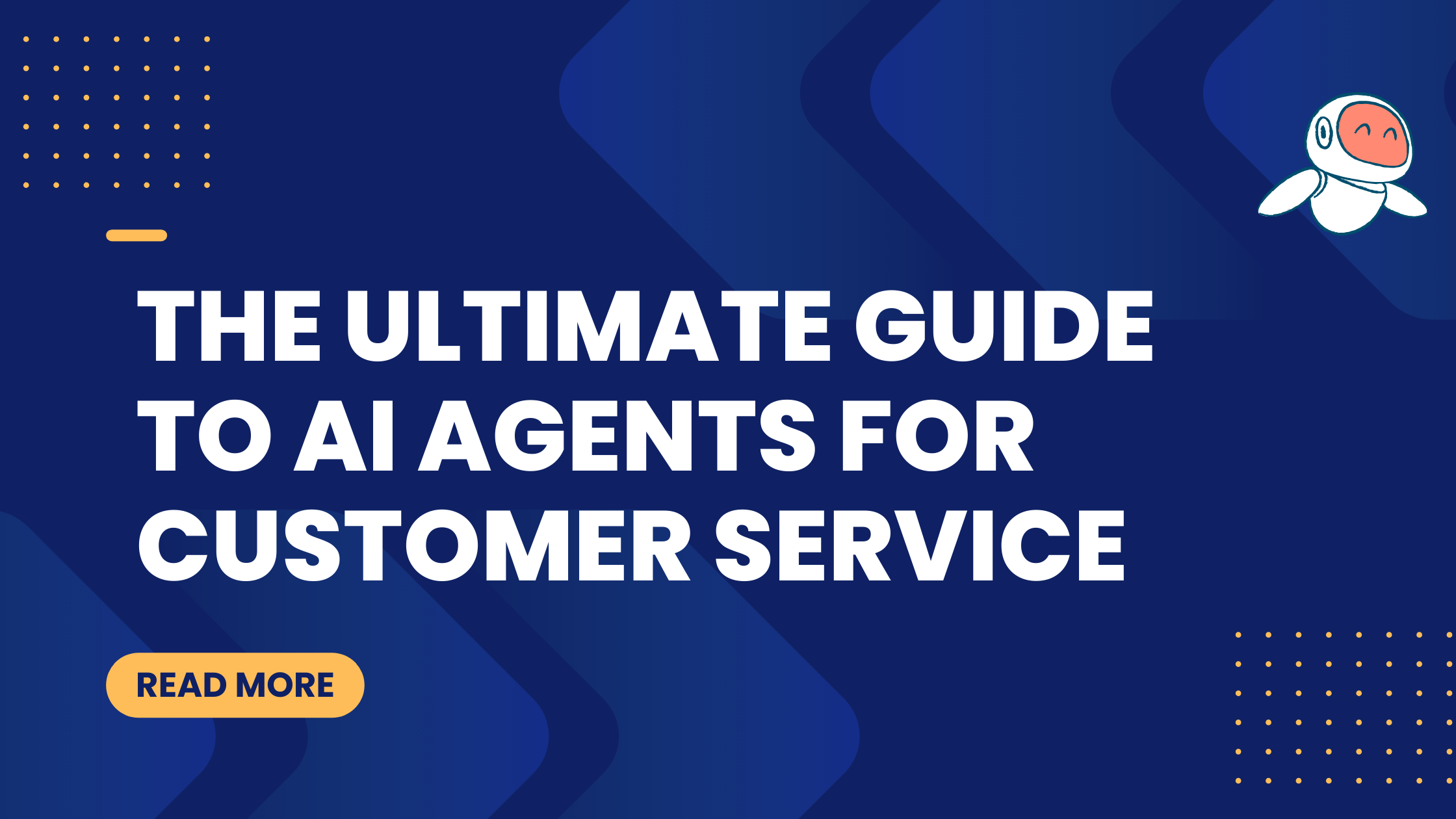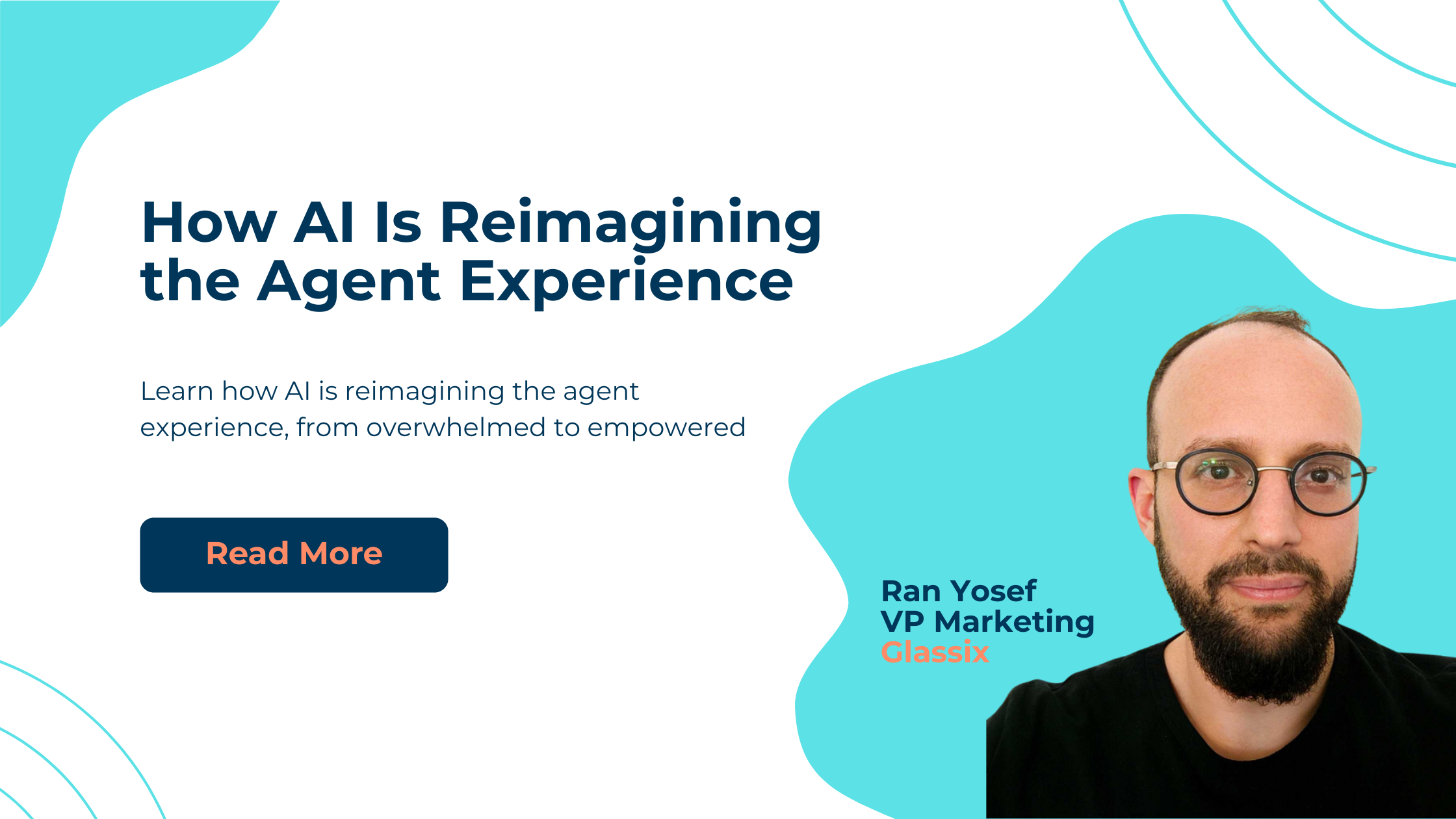Navigating Digital Change: 17 Impactful Ways Generative AI is Advancing the CX Flywheel in Digital Transformation
In today's digital realm, the Customer Experience (CX) flywheel is evolving rapidly, driven by groundbreaking advancements in generative AI. This transformation is reshaping how businesses interact with their customers, offering unprecedented opportunities to enhance customer engagement and satisfaction. As we delve into this topic, it’s crucial for digital transformation and CX professionals to understand the dynamic role of generative AI in revolutionizing the CX flywheel.
What is the CX flywheel?
The CX flywheel is a modern approach to understanding and enhancing the customer journey. It's a model that emphasizes the momentum gained by a positive customer experience, propelling further engagement, loyalty, and advocacy. Unlike traditional linear models, the flywheel represents a continuous, dynamic process where each positive interaction fuels future interactions, creating a self-sustaining cycle of growth and customer satisfaction.
The evolution of the CX flywheel with generative AI
With the rise of generative AI, the CX flywheel has undergone a significant transformation. AI technologies have introduced a level of personalization, efficiency, and predictive customer experience analytics that was previously unattainable.
This evolution is not just a step forward; it's a leap into a new era of customer engagement where each interaction is more informed, relevant, and effective than ever before.
1. Enhanced personalization
Generative AI enables businesses to tailor experiences to individual customer preferences at scale. By analyzing vast amounts of data, AI can predict customer needs and provide personalized recommendations, making each interaction feel unique and valued.
2. Predictive analytics
AI’s ability to analyze trends and customer behavior patterns leads to more accurate predictions. This helps businesses anticipate customer needs, proactively address issues, and offer solutions even before the customer is aware of them.
.svg)
3. Automating routine interactions
Chatbots and virtual assistants powered by AI can handle routine queries and transactions, freeing up human agents to focus on more complex issues. This not only improves efficiency but also ensures that customers receive instant responses.
4. Real-time feedback analysis
Generative AI can analyze customer feedback in real-time, providing immediate insights into customer satisfaction and areas for improvement. This continuous loop of feedback and enhancement keeps the CX flywheel spinning effectively.
5. Seamless omnichannel experiences
AI integrates various customer touch points into a cohesive omnichannel experience. Whether it’s through social media, email, or a phone call, AI ensures consistency and continuity in customer interactions across all platforms.
6. Reducing response times
With AI, response times to customer inquiries are drastically reduced. Immediate responses not only solve customer issues faster but also contribute to a positive overall experience.
7. Enhancing customer understanding
AI-driven analytics offer deeper insights into customer behavior and preferences. Understanding your customer at this level allows for more effective targeting and communication strategies.
8. Efficient resource management
AI helps in allocating resources more efficiently, ensuring that customer service representatives are used where they are most needed, enhancing the overall efficiency of customer service operations.
9. Dynamic content creation
AI can generate dynamic, engaging content that resonates with customers. This includes personalized emails, social media posts, and even product recommendations, all tailored to individual preferences.
10. Improved product recommendations
Generative AI excels in understanding customer preferences and suggesting products that are more likely to be of interest, thus increasing the likelihood of a purchase.
11. Real-time decision making
AI's ability to process and analyze data in real time empowers businesses to make swift decisions that enhance the customer experience. This agility is crucial in a digital world where customer preferences and market trends change rapidly.
12. Enhanced data security
With increasing concerns about data privacy and security, generative AI plays a pivotal role in safeguarding customer information. By identifying and mitigating potential security breaches, AI ensures a trustworthy environment for customers.
13. Streamlining customer onboarding
Generative AI simplifies and personalizes the onboarding process for new customers. By providing relevant information and assistance tailored to individual needs, AI helps in building a solid foundation for long-term customer relationships.
14. Advanced problem-solving
AI-powered tools can diagnose and resolve complex customer issues more effectively. By leveraging machine learning algorithms, these tools continuously improve their problem-solving capabilities.
15. Emotional intelligence
Emerging AI technologies are now capable of detecting and responding to customer emotions. This emotional intelligence allows for more empathetic and human-like interactions, deepening customer relationships.
16. Scalability of services
Generative AI enables businesses to scale their customer service operations efficiently, accommodating growth without compromising on the quality of customer interactions.
17. Continuous learning and improvement
AI systems continuously learn from each interaction, becoming more efficient and effective over time. This perpetual improvement cycle ensures that the CX flywheel keeps evolving to meet the changing needs and expectations of customers.
The benefits of using generative AI
The incorporation of generative AI in customer experience strategies offers a multitude of benefits. It not only enhances efficiency and personalization but also drives innovation in customer engagement. AI’s predictive capabilities enable businesses to stay ahead of customer needs, fostering a proactive approach to customer service.
Common use cases
- AI-powered chatbots: Offering instant, 24/7 support to answer customer queries, book appointments, or provide product information.
- Personalized marketing campaigns: Tailoring promotions and communications based on individual customer data and preferences.
- Intelligent product recommendations: Suggesting products or services to customers based on their browsing and purchase history.
- Automated feedback collection and analysis: Gathering and analyzing customer feedback to improve products and services continuously.
Addressing pain points
Generative AI addresses common pain points such as slow response times, impersonal service, and inadequate problem resolution. By automating routine tasks, it allows human agents to focus on more complex issues, thereby enhancing overall customer satisfaction.
The integration of generative AI into the CX flywheel is not just an option but a necessity in today's digital transformation journey. It offers a competitive edge by elevating the customer experience to unprecedented levels. For CX professionals, staying abreast of these advancements is crucial to crafting a successful CX strategy that resonates with modern customers.
Why the use of generative AI is inevitable in digital transformation?
As we navigate the complexities of digital transformation, the question isn't whether to integrate generative AI into your CX strategy but rather how quickly it can be done. The inevitability of generative AI in crafting an effective CX strategy is rooted in several compelling reasons:
Meeting evolving customer expectations
Today's customers expect more than just a product or service; they seek a personalized, efficient, and engaging experience. Generative AI is the key to meeting these expectations, offering tailored interactions that resonate with individual customers.
Staying competitive
In an increasingly digital marketplace, businesses that fail to leverage AI risk falling behind. Generative AI offers a significant competitive advantage, enabling companies to innovate and adapt quickly to changing market dynamics.
Enhancing decision making
Data-driven decision-making is at the heart of digital transformation. Generative AI provides the insights needed to make informed decisions, helping businesses stay aligned with customer needs and market trends.
Scaling operations
As businesses grow, the ability to scale customer service operations becomes critical. Generative AI enables scalable solutions that maintain a high quality of service regardless of customer volume.
Driving efficiency and reducing costs
AI automates routine tasks and optimizes resource allocation, leading to increased operational efficiency and reduced costs. This efficiency is vital in maintaining a sustainable business model in the digital age.
Crafting Your CX Strategy Blueprint with Generative AI
When designing your CX strategy, integrating generative AI should be a cornerstone. Here’s how to do it effectively:
Identify key customer touch points
Start by identifying the critical touch points in your customer journey. Where can AI make the most significant impact? Is it in initial interactions, ongoing support, or feedback collection.
Personalization is key, but for real
Use AI to personalize these touch points. Tailor your communications, recommendations, and support based on individual customer data to create a truly personalized experience.
Continuous improvement
Implement a system for continuous learning and improvement. Your AI tools should evolve based on customer interactions, ensuring that your strategy remains relevant and effective.
Human-AI collaboration
Balance AI automation with human empathy. While AI can handle routine tasks, ensure that human agents are available for complex or sensitive issues.
Measure and optimize
Regularly measure the impact of AI on customer satisfaction and business outcomes. Use these insights to refine and optimize your CX strategy.
The integration of generative AI into the CX flywheel is more than just a technological upgrade; it's a strategic imperative in the digital transformation journey. By embracing AI and AI chatbots, businesses can create more meaningful, efficient, and personalized customer experiences, driving growth and success in the digital age.

Expert tips for maximizing the impact of generative AI in your CX strategy
As you embark on integrating generative AI into your CX strategy, here are some expert tips to ensure you maximize its impact:
Start with a clear vision and with the end in mind
Before diving into AI implementation, define what success looks like for your business and customers. What specific outcomes do you expect from integrating AI into your CX strategy? Having a clear vision will guide your efforts and help you measure success effectively.
Prioritize data quality (over pretty much anything else)
The effectiveness of AI largely depends on the quality of data it processes. Invest in systems that ensure accurate, up-to-date, and comprehensive customer data. This will enable your AI tools to deliver more precise and valuable insights.
Foster a culture of innovation (and adoption)
Encourage a culture that embraces experimentation and continuous learning. AI technology is rapidly evolving, and staying open to new ideas and approaches is key to leveraging its full potential.
Collaborate across departments (and be genuine in your intentions)
AI integration should be a collaborative effort involving multiple departments – from IT and data science to marketing and customer service. This ensures a holistic approach and alignment with overall business objectives.
Keep up with AI trends and developments
Stay informed about the latest trends and developments in AI technology. This knowledge will help you anticipate changes and adapt your strategy accordingly.
Focus on customer-centricity (and agent happiness)
Always put the customer at the center of your AI initiatives. Remember that the ultimate goal is to enhance the customer experience, not just to deploy advanced technology.
Ensure compliance and ethical use of AI
As you implement AI, be mindful of legal and ethical considerations, especially regarding data privacy and security. Building trust with your customers is paramount, and responsible AI use is a critical part of that trust.
Embracing the future with generative AI
The journey of integrating generative AI into the CX flywheel is both exciting and challenging. It presents an opportunity to redefine how businesses interact with customers, offering a level of engagement and personalization that was once unimaginable. By leveraging the power of generative AI, companies can not only meet but exceed customer expectations, driving loyalty and success in the digital era.
As we look to the future, one thing is clear: the role of generative AI in customer experience is not just a passing trend; it’s a fundamental shift in how businesses operate and engage with their customers. Embracing this change is not just about staying competitive; it’s about leading the way in creating a customer experience that is as dynamic and innovative as the digital world we live in.
Remember, the key to success lies in balancing technological innovation with a deep understanding of your customers. By doing so, you'll not only navigate the digital transformation but also propel your business forward in the ever-evolving landscape of customer experience.






